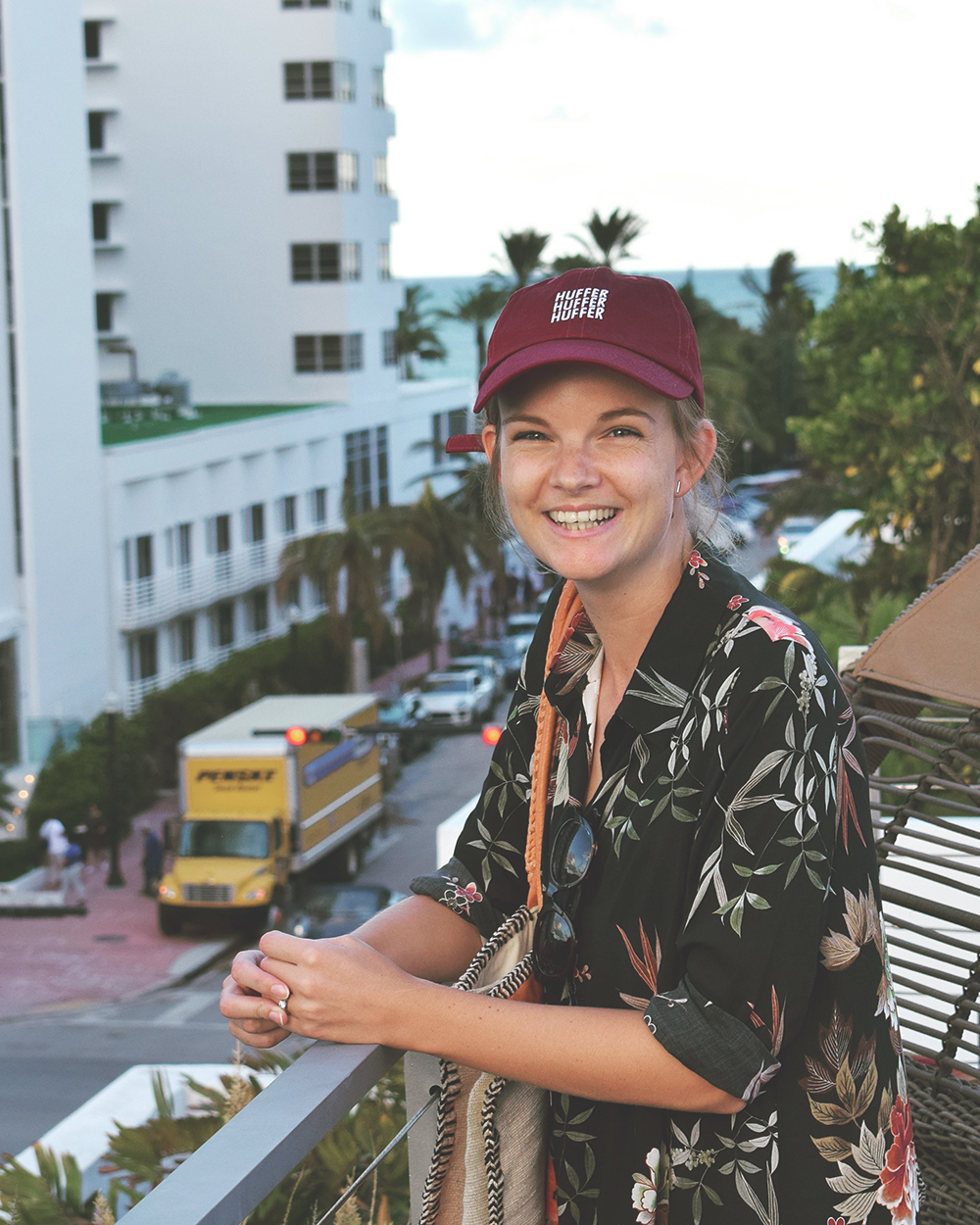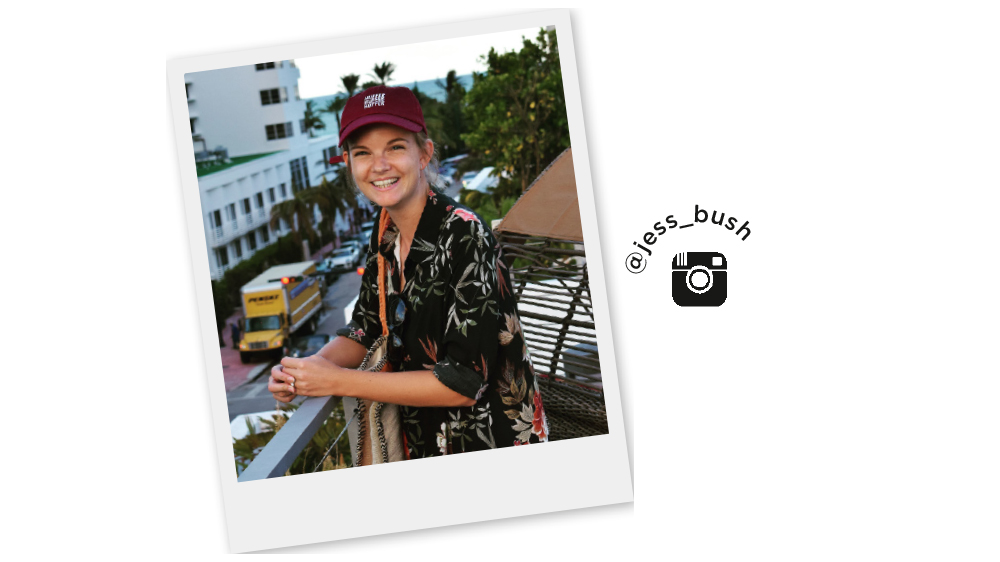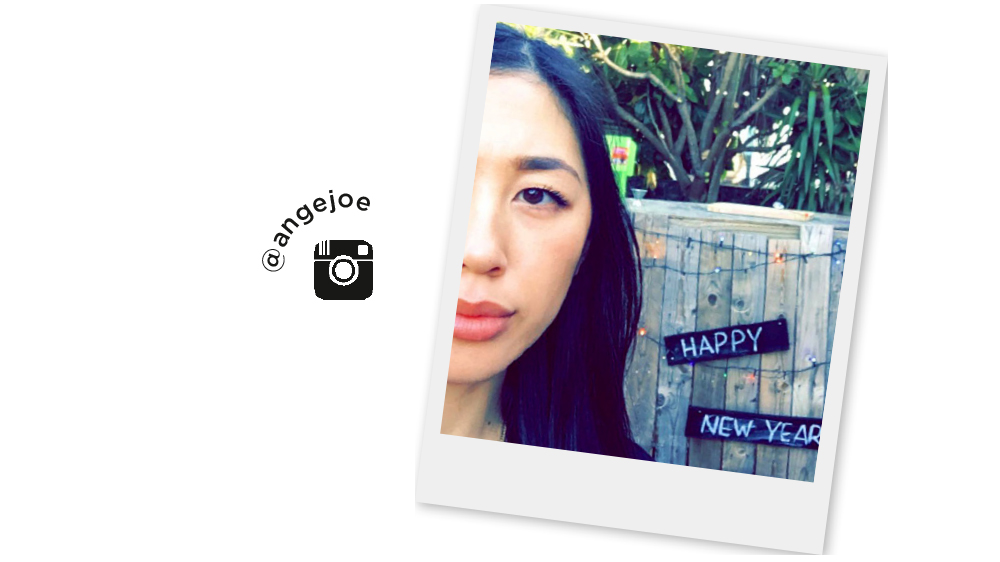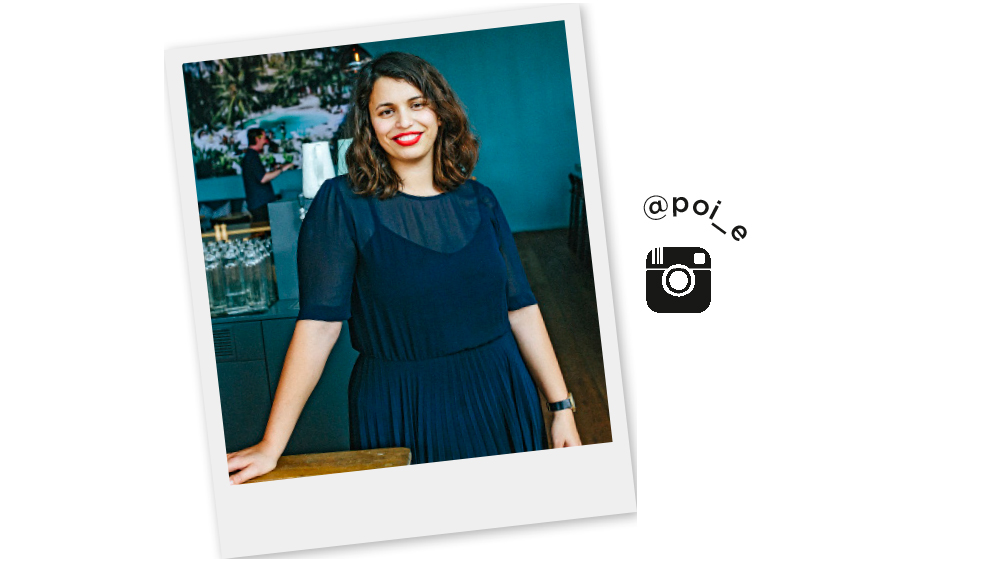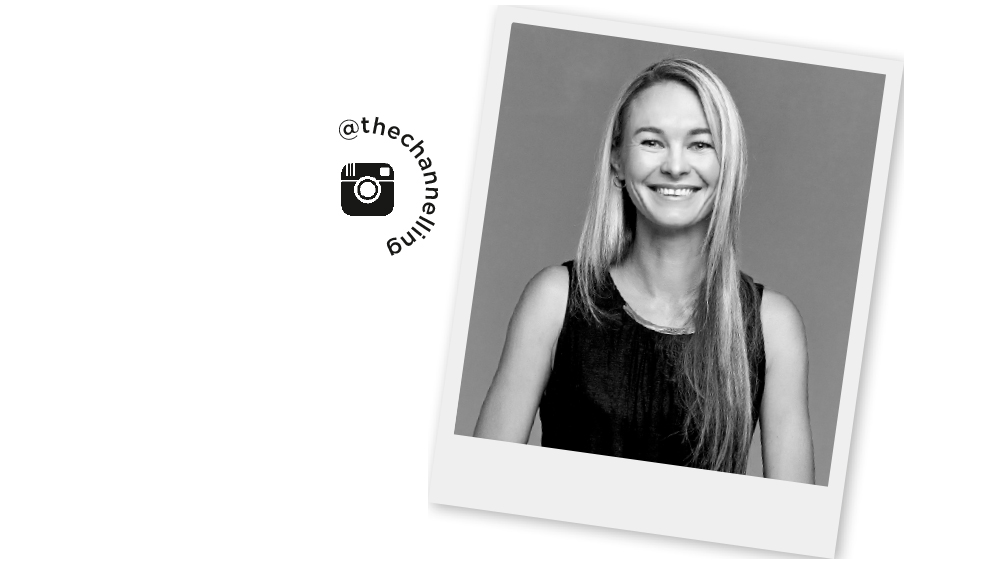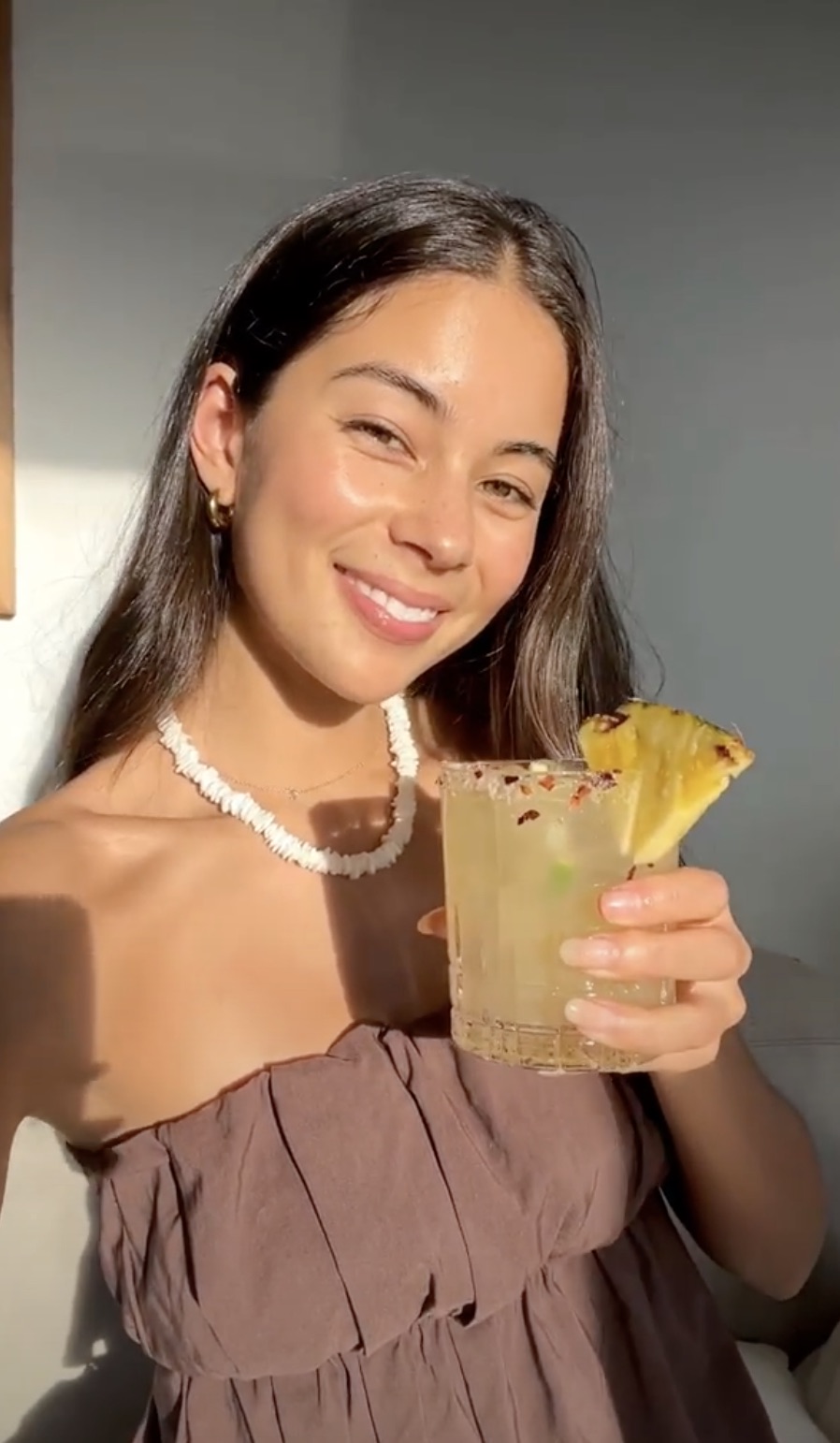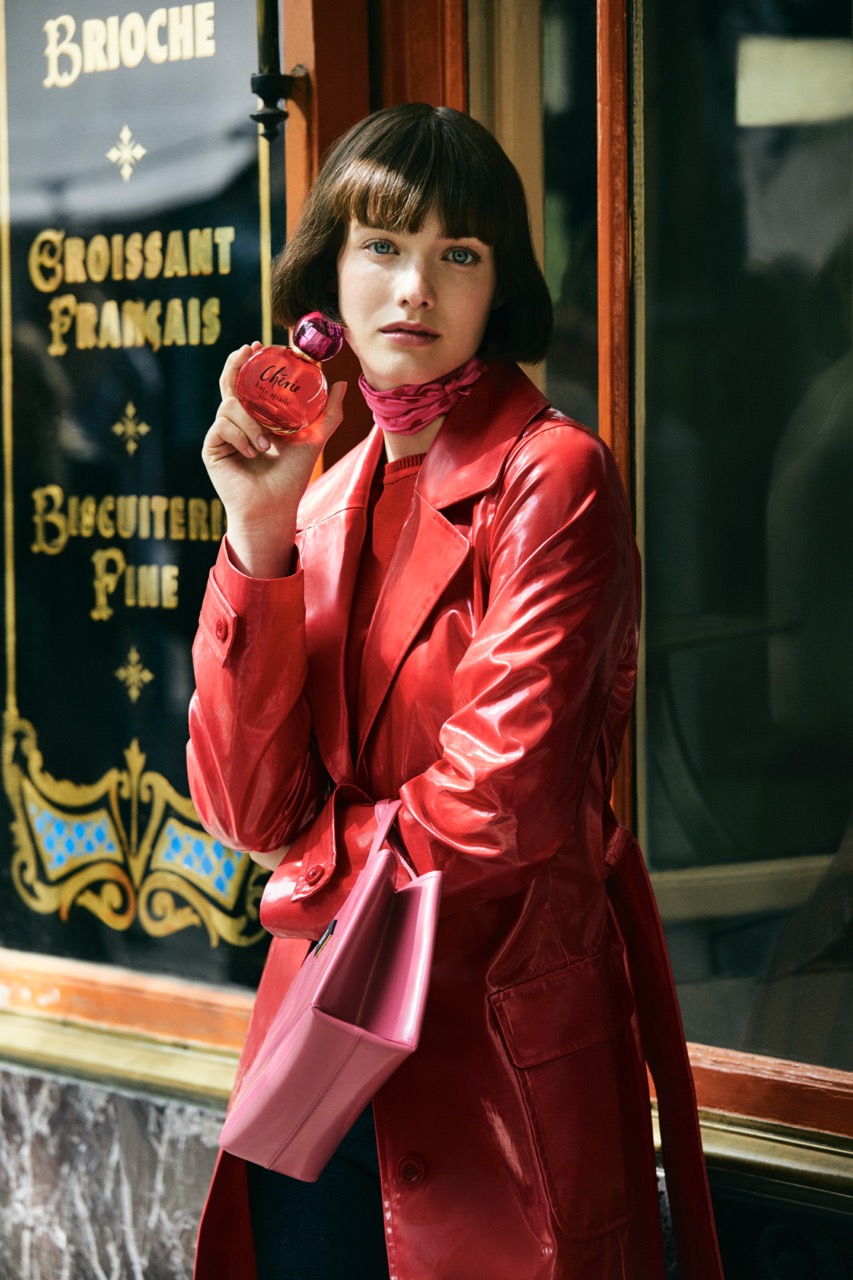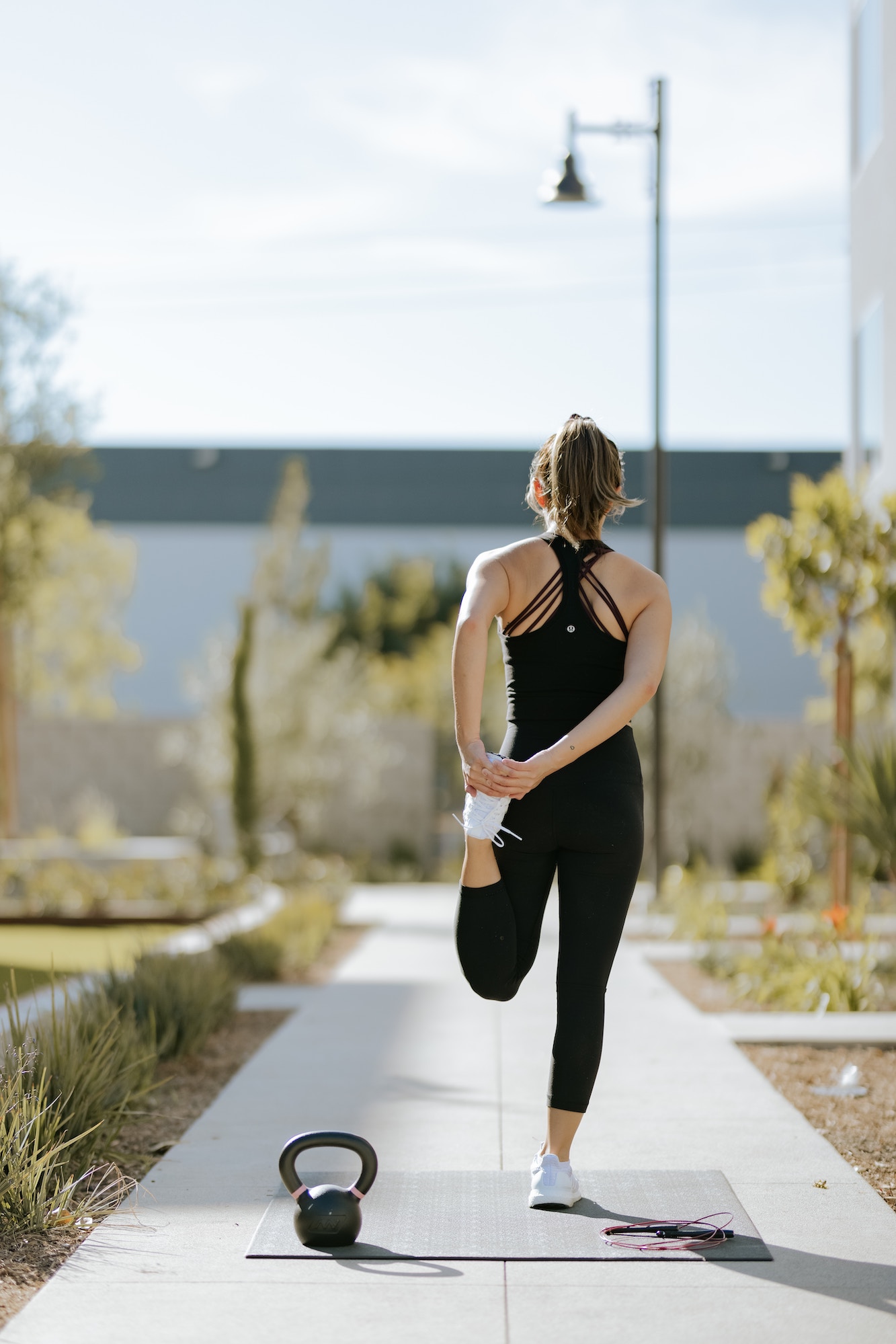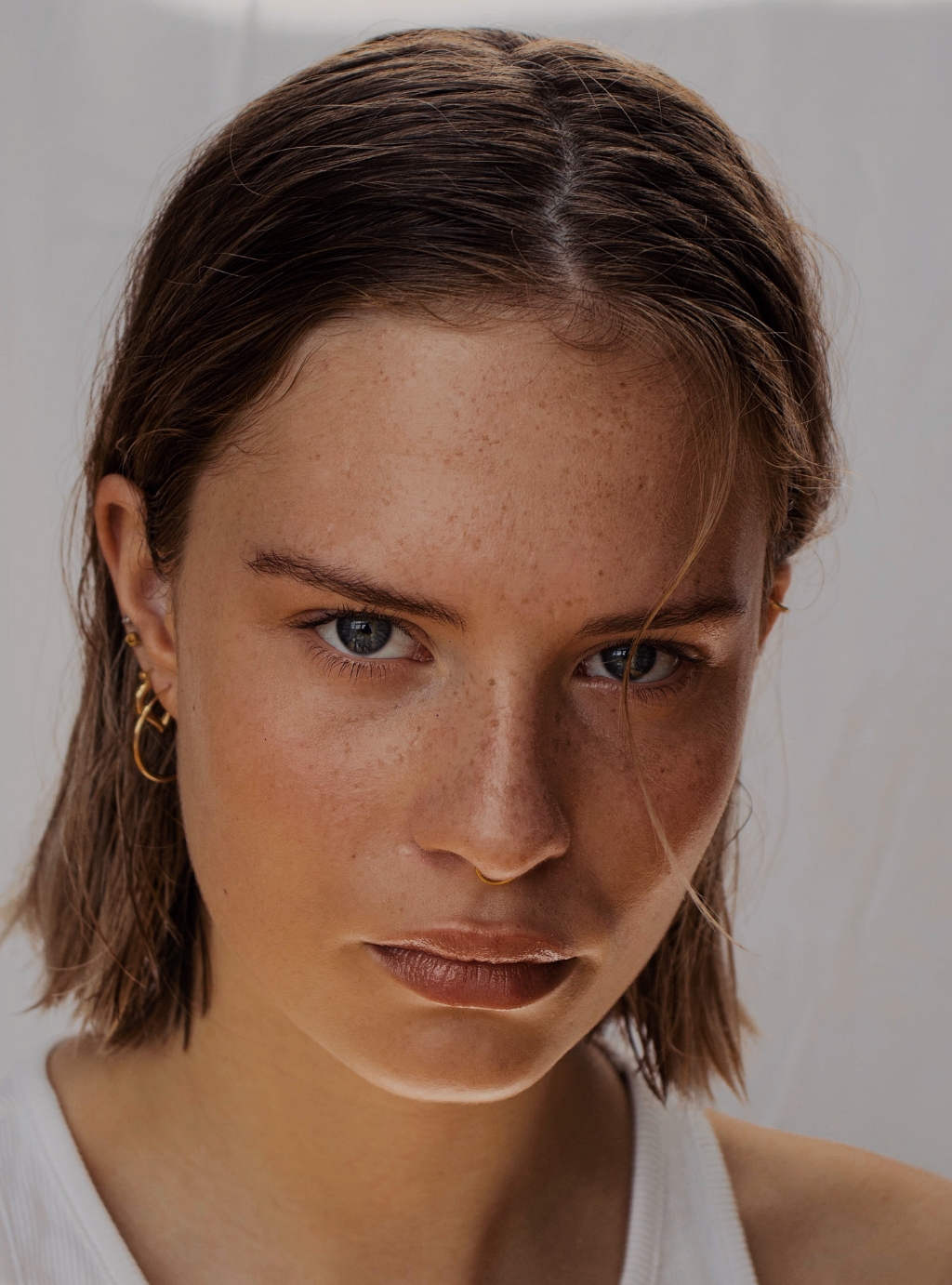In need of some career inspiration? Four women detail doing what they love for a living — and the at-times non-traditional pathways that got them there.
Jess Bush
“I’m a commercial lawyer… in the Caribbean.”
What do you do? I’m an associate in the litigation department at a law firm in the Cayman Islands. My role involves legal research, communicating with clients, preparing cases for trial and attending court. How did you come to be practising in the Cayman Islands? After graduating from the University of Otago with a degree in law and commerce, I worked at a law firm in Auckland. A few years in I started looking for an opportunity to work overseas and got in touch with an ex-colleague who had recently moved to Cayman. Being a British Territory it operates under a very similar legal system to NZ, so familiar work and better extracurriculars (hello, swimming with turtles). I relocated with my fiancé a year ago and haven’t looked back. What do you like most about your work? Working in a team environment to help clients solve problems and resolve disputes. What are the biggest challenges? Coping with high-pressure situations and meeting tight deadlines. It might look like I’m on permanent vacation but this is far from true! What’s something no one tells you about being a lawyer? Many lawyers don’t go to court. If this is part of your role, you’ll still spend much more time preparing for court than you spend in the courtroom. How do I get ahead in law? Don’t be afraid to ask for feedback. What’s the best advice you’ve received from a mentor? Law isn’t cutting edge or exciting all of the time, so it is really important you work with people you click with.
Ange Joe
“I work with some of the biggest musicians on the planet.”
What do you do? As senior marketing manager at Sony Music, I oversee all international artist release campaigns (singles and albums) for NZ. Did you always want to work in the music industry? No, I always loved music and spent all my money on CDs, but I had no idea you could even have a career in music in NZ, outside of being a musician. I initially wanted to be a scientist and studied chemistry and marketing at the University of Auckland but landed my job at Sony after starting there as an intern aged 22. What do you like most about your work? The people. We’re a team of 12 and basically family. A close second would be being in a venue full of people singing all the words to an artist’s songs that we’ve all worked really hard to promote. What are the biggest challenges? You have to think on your feet a lot. What’s something no one tells you about working with artists? They’re regular people too. If I want a job like yours, what is the most important thing I need to know or do? Work hard and don’t be an asshole. How do I get ahead once I’m in? Be open to learning and trying new things. What’s the best advice you ever received from a mentor? Always do what you say you’re going to do.
Poi Eruera
“I run two of Auckland’s top restaurants.”
What do you do? I’m operations manager for Odettes Eatery and Hugo’s Bistro in Auckland. My role involves a bit of everything — event organising, hosting, waitressing, bartending, polishing glasses, training, giving pep talks, problem-solving, fixing… What about working in hospitality appealed? I was lucky enough to work in a restaurant in Italy on a student exchange and I loved it. The thrill of a busy service is addictive. What did you do after high school? I tried to be a good student and go to university but book learning wasn’t for me and I didn’t last long. I much prefer chatting to customers at the table or over the bar and learning from their stories and experiences. What do you like most about your work? Meeting customers that then become regulars and friends. What are the biggest challenges? The hours can be long, and it can be hard to get a regular working pattern. What’s something no one tells you about being a restaurant manager? You will often have a cold dinner at a weird time of night! If I want a job like yours, what is the most important thing I need to know or do? Be authentic with your customers and peers. Promote an empathetic environment where staff care for one another. Lead by example and set the tone. How do I get ahead once I’m in? Take every learning opportunity offered then pass your learnings on to your colleagues. Talk about the things you are interested in, and try every wine, even if you haven’t enjoyed that style in the past. What’s the best advice you ever received from a mentor? Train staff as though they are your replacements, sharing all your knowledge without fear of your job being stolen. You become even more valuable as a teacher and you get to take holidays with peace of mind, so it really is a win-win.
Kimberly Stewart
“I’m a professional psychic.”
What do you do? I’m a psychic, clairvoyant, tarot reader, reiki healer and past-life specialist. How did you get into this line of work? I knew I was psychic from my teenage years, but I was initially doing it as a hobby alongside my full-time job as a beauty therapist (a role which, incidentally, exposed me to a lot of spiritual talk and holistic practices). A wrist injury forced me out of the beauty industry last year — whether it was by ‘The Universe’ or ‘God’, it was exactly the push I needed! Is being psychic something you can train for? Anyone can tune into their own psychic abilities, although it helps to have an underlying natural gift. I am constantly working on mine and I created my website thechannelling.co.nz to help others with theirs. What do you love most about your job? Helping people. I especially enjoy working with children who are aware of the spiritual realm and are having some difficulty with it. What are the challenges? Telling people things they don’t want to hear. I also tend to pick up other people’s negative energy if I do too many readings in a week. This can manifest as colds, exhaustion, bad dreams or anxiety. If I want to work in the spiritual field, where do I start? Find a trusted mentor and read up on a variety of spiritual techniques. Not everyone is suited to psychic work, but you may suit astrology or crystal healing. What’s the biggest misconception about what you do? That I predict death and sit in my room with the devil casting bad spells on people. This is black magic and people who practise it don’t last long in the industry. Being so focused on helping others, how do you make room for personal growth? I write about my experiences in my diary, keep a dream journal and I start each day by meditating. In my downtime, I research the latest social-media algorithms, advertising opportunities and business-growth techniques, and I outsource tasks when needed. A one-man band can never be completely successful.

